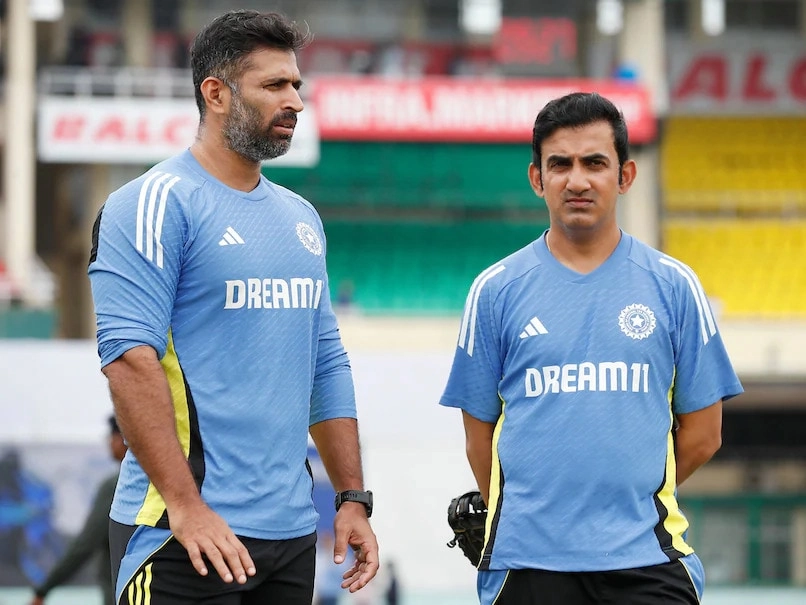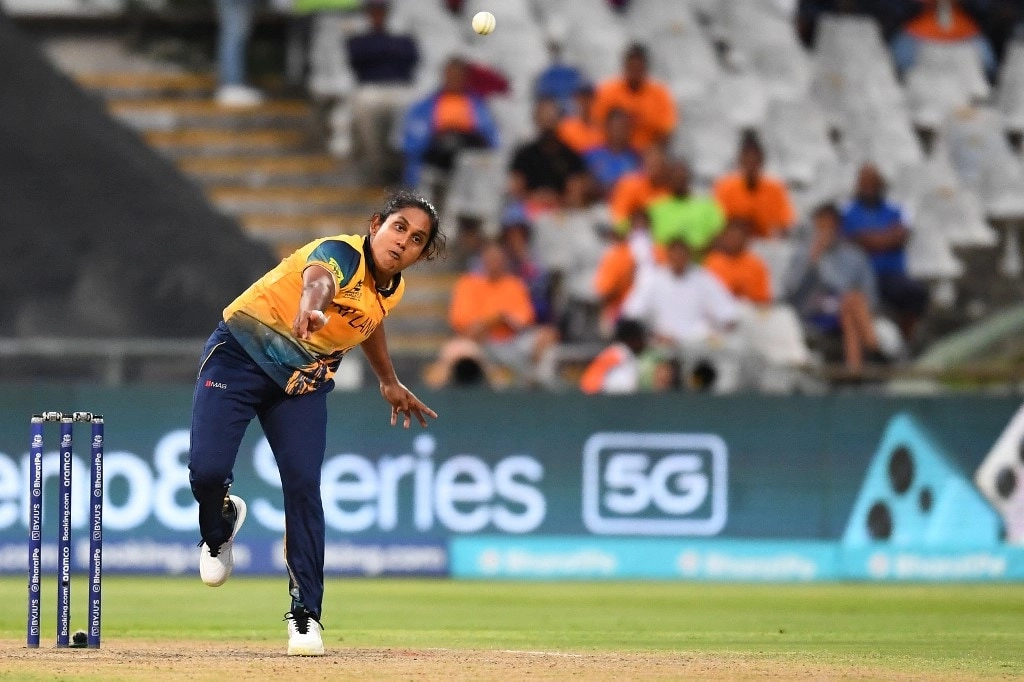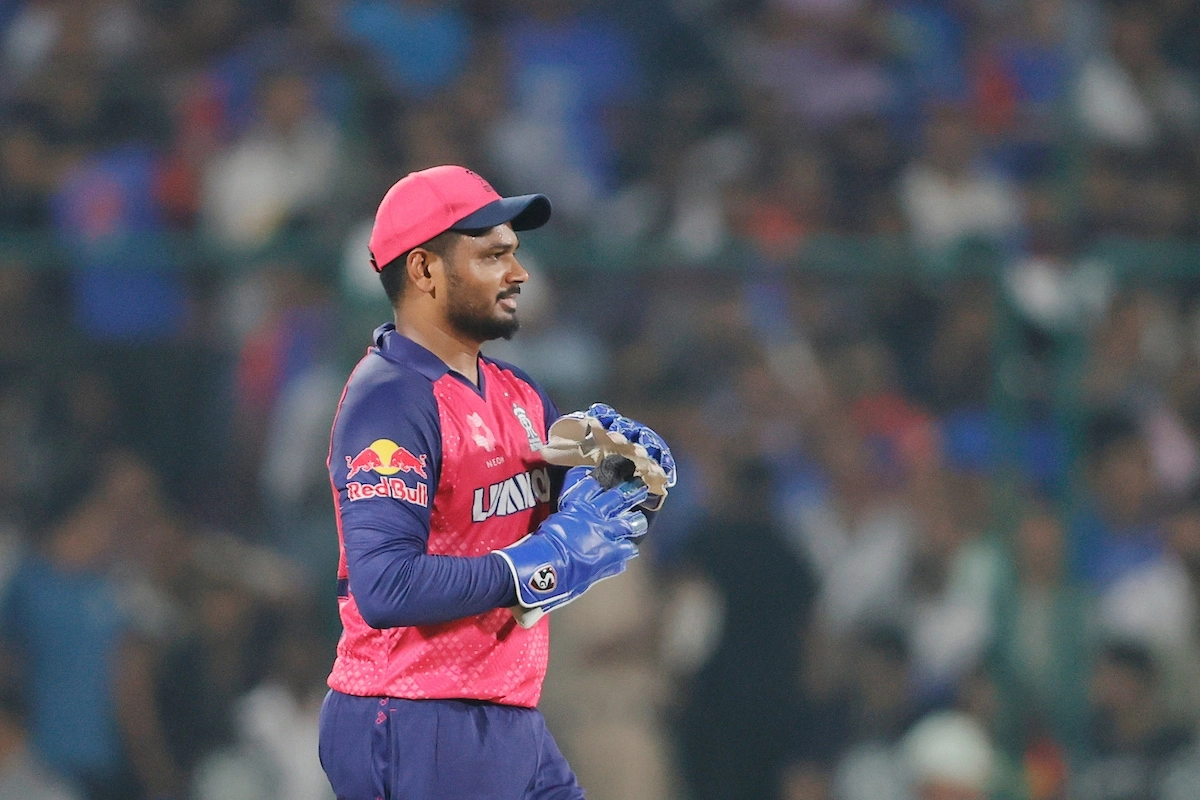Recent developments within Indian cricket have raised eyebrows, particularly concerning the role of Abhishek Nayar, a prominent figure in the cricketing landscape. Reports suggest that Nayar has been labeled as “counter-productive” by a powerful member of the cricketing fraternity, leading to his subsequent dismissal. This incident has ignited discussions about the underlying tensions and rifts that may be brewing within the Indian cricket administration, highlighting the intricate dynamics that govern the sport in the country.
Abhishek Nayar’s contributions as a player and a coach have been significant; however, the recent criticism from a high-ranking official indicates a deeper discontent that may be at play. The term “counter-productive” suggests that Nayar’s methods or strategies may not align with the broader objectives set forth by the governing bodies of Indian cricket. Such a characterization can have serious implications not just for Nayar’s career but for the overall team morale and cohesion, as it raises questions about the decision-making processes within the organization.
The sacking of a figure like Nayar, who has been influential in shaping the next generation of cricketers, can be seen as a reflection of the ongoing power struggles within the cricket administration. It underscores the need for a unified vision to foster an environment conducive to growth and success. As the Indian cricket team strives for excellence on the international stage, it is imperative that all stakeholders work in harmony rather than allowing personal disagreements to impede progress. The current rift, if not addressed, could have long-lasting ramifications for the team’s performance and the overall health of cricket in India.
In conclusion, the situation surrounding Abhishek Nayar serves as a reminder of the complexities involved in managing a sport as popular and high-stakes as cricket in India. It calls for introspection among those at the helm of cricket administration, urging them to prioritize the collective interests of the sport over individual conflicts. The future of Indian cricket hinges on its ability to navigate these internal challenges while remaining focused on nurturing talent and achieving success on the field.




